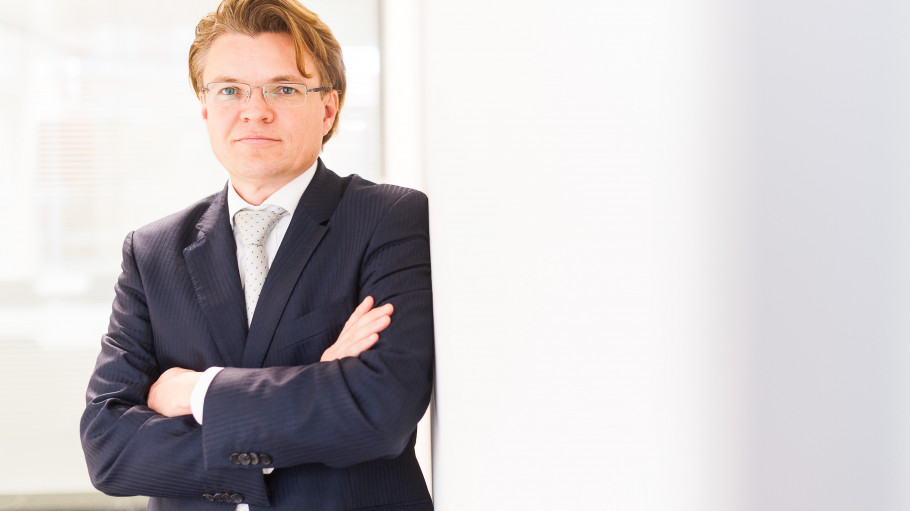
News » Raised climate ambition must be matched with robust framework
Raised climate ambition must be matched with robust framework
Recent updates

The European steel industry is already hard at work developing new ways to produce carbon-lean steels, but the EU needs to implement a set of concrete measures, as soon as possible, to ensure that decarbonisation is achieved while actually ensuring growth and sustainability. Achieving the levels set by the EU will require an overhaul of the regulatory regime that governs how the steel industry operates, environmental rules and the EU's trade policy.
To make the EU’s recovery plan and green transition a success, a Green Deal on Steel should be a coordinated approach for the EU policies on industry, climate, energy, trade and recovery.
This deal on steel should include the application of trade defence instruments without inhibition, the adoption of new tools to address damaging foreign subsidies, and the reform and modernisation of the WTO. To the make a success of the green transition, we need an effective carbon border measure reinforcing existing carbon leakage measures and green transition support, including boosts for innovation, development and deployment.
The green transition in steel, as part of the objectives of the Green Deal, will not succeed without fair competition in trade and balanced environmental costs. Steel has the greatest leverage effect on the path to a climate-neutral Europe and it is an important test for whether Europe will find its place in the new world order.
To find out more, please visit the Green Deal on Steel section of the EUROFER website.
Strasbourg, 17 December 2025 – The European Commission’s latest proposals on the Carbon Border Adjustment Mechanism (CBAM), unveiled today, correctly identify several loopholes that risk undermining its effectiveness, notably regarding EU exports, downstream sectors and circumvention practices. However, despite these laudable efforts, the measures put forward fail to deliver a comprehensive and durable response to carbon and jobs leakage, warns the European Steel Association (EUROFER).
A milestone occasion to quickly and effectively restore affordable electricity, to relaunch the
decarbonization and strengthen the international competitiveness of the European steel
industry.
Brussels, 02 December 2025 – Unchanged negative conditions – U.S. tariffs and trade disruptions, economic and geopolitical tensions, protracted weak demand and still high energy prices – continue to weigh on the European steel market. EUROFER’s latest Economic and Steel Market Outlook confirms for 2025 another recession in both apparent steel consumption (-0.2%, unchanged) and steel-using sectors (-0.5%, revised from -0.7%). A potential recovery is expected only in 2026 for the Steel Weighted Industrial Production index (SWIP) (+1.8%, stable) and for apparent steel consumption (+3%, slightly revised from +3.1%) – although consumption volumes would still remain well below pre-pandemic levels. Steel imports retained historically high shares (27%), while exports plummeted (-9%) in the first eight months of 2025.